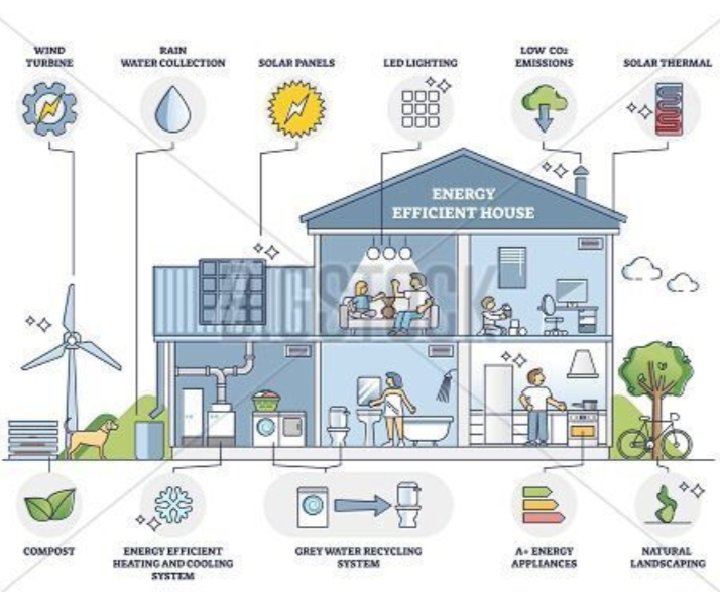Finding the Best Official Websites for Your Needs
Understanding the Importance of Official Websites
In today’s digital landscape, identifying the best official websites is crucial for accessing reliable information and resources. Official websites are often marked by their authenticity, providing users with the confidence that the data they receive is accurate and trustworthy. This post will guide you on how to find great websites that fulfill various needs, from government portals to educational resources.
Criteria for Determining a Great Website
When searching for the most reliable official websites, consider factors such as user experience, design, and the credibility of the information presented. A website that is easy to navigate and aesthetically pleasing enhances user experience. Additionally, verify the source of the information by checking for appropriate credentials and affiliations on the website itself.
Top Resources for Official Websites
Some of the best website sources include government portals that provide information regarding public services and policies. Educational institutions often maintain sites that are rich in academic resources and research. Nonprofit organizations also serve as great websites for specific community services or advocacy efforts. Utilizing a search engine with keywords like ‘official website’ can help pinpoint these valuable resources, ensuring you retrieve the most relevant information.
Understanding Your Needs
Before embarking on the journey to find the best official websites, it is crucial to first assess and clarify your specific needs. Identifying what information or services are necessary allows you to narrow your focus and makes your search more efficient. Begin by asking yourself a few key questions: What type of information do I need? Am I looking for research data, government resources, or perhaps educational tools? Understanding the precise nature of your requirements will help in pinpointing the most relevant official websites.
Once you have established the general category of information you seek, it is beneficial to define criteria for evaluating potential websites. Consider factors such as authority, reliability, and user-friendliness. An official website should ideally be operated by a reputable institution or organization, ensuring the accuracy of the content. Additionally, the site’s design and navigability should facilitate a smooth user experience, making it easier to locate the information you require.
Another aspect to consider is how aligned the official websites are with your personal or professional objectives. For instance, if your goal is to obtain government forms or services, it is crucial to seek out official sites linked directly to government agencies. Conversely, if you are in pursuit of academic resources, verifying that the site is accredited by educational authorities will enhance your search. Additionally, you may want to consider what supplementary features the websites offer, such as search capabilities, contact information, or FAQs, which can further contribute to achieving your specific goals.
In summary, identifying your specific needs and establishing evaluation criteria is a fundamental step in finding official websites that serve your purpose effectively. By taking the time to understand what you need, you empower yourself to conduct a more targeted and fruitful search.
Researching Official Websites
When it comes to finding official websites, employing effective research strategies is essential. One primary method for uncovering these reliable sources is through the use of search engines. By inputting specific queries related to the information sought, users can often locate official websites easily. However, it is crucial to recognize that not all search results display trustworthy sites. To enhance search effectiveness, using quotation marks around phrases can help narrow results to exact matches, thus filtering out irrelevant content.
Another avenue for discovering official websites is utilizing online directories. Many reputable directories categorize websites by sector, such as government, education, and non-profit organizations. These directories can significantly simplify the process of identifying legitimate websites related to your topic of interest. Examples of well-known directories include the Internet Archive and various governmental websites, which often maintain lists of official resources in their respective areas.
Additionally, consulting governmental or organizational databases can serve as a reliable approach in the quest for official websites. Many governments offer comprehensive databases or ported resources where citizens can access verified information. Organizations, be they educational or non-profit, typically provide lists of their official digital assets on their primary sites. This can be invaluable, especially when seeking exact contacts or verified data pertaining to specific organizations.
Equally important in the research process is the verification of authenticity. Once potential sites are identified, evaluating their credibility becomes essential. Users should look for indicators such as domain suffixes (e.g., .gov, .edu, .org) which often signify official sources. Furthermore, cross-referencing information across multiple sources can bolster confidence in the accuracy of the found data. By integrating these research strategies, individuals can effectively locate and utilize official websites with greater assurance.
Evaluating Website Credibility
When seeking information from official websites, it is crucial to assess their credibility to ensure that the data you gather is accurate and reliable. Key factors to consider in your evaluation include the site’s design, which often reflects its professionalism. A well-structured site generally indicates a serious commitment to providing quality content and user experience. Look for clear navigation menus, professional graphics, and an organized layout that facilitates easy access to important information.
Another critical aspect is the availability of contact information. Reliable official websites usually display clear contact details, allowing users to reach out for further inquiries. This transparency fosters trust and reinforces the site’s legitimacy. If a website lacks this information or provides vague contacts, it may be wise to question its credibility.
Additionally, consider the update frequency of the site’s content. Official websites that are frequently updated with current information suggest a commitment to maintaining accuracy and relevance. You may notice dates associated with posts or articles, and checking the publication date helps gauge the timeliness of the information presented.
The presence of authoritative references is also pivotal in assessing credibility. Trustworthy websites typically cite sources or provide links to accessible studies and research. Including evidence from established authorities in a given field can enhance the site’s reliability and solidify its reputation.
Moreover, reading user reviews offers insights into others’ experiences with a particular website. Authentic testimonials can reveal any past issues, providing a clearer picture of the site’s trustworthiness. Lastly, understanding the website’s mission or purpose is crucial; it is essential to ensure the site’s objectives align with your needs and expectations. By considering these factors, you can better evaluate the credibility of official websites and make informed decisions based on trustworthy information.
Utilizing Official Websites Effectively
To maximize the benefits of the official websites that you have identified, it is essential to develop effective strategies for navigation and usage. A prime starting point is to familiarize yourself with the layout and features of each website. Official websites often contain a wealth of information, and understanding their organization can save valuable time. Look for sections such as FAQs, contact information, and site maps, which can provide quick access to important content.
Another effective strategy is to utilize search functions within the website. Many official platforms offer search bars that allow users to type in specific queries, making it easier to find relevant information. By using specific keywords or phrases related to your needs, you can reduce the time spent looking through various pages. Additionally, don’t overlook the significance of any documentation or resources made available for users. These FAQs, user guides, or tutorial videos can help clarify functionalities that may not be immediately obvious.
Keeping up-to-date with any changes or new information on these websites is also critical. Official websites often have announcements, newsletters, or blog sections that provide updates on services, policies, or available tools. Subscribing to their newsletters or using any alert features can ensure that you receive vital information directly in your inbox. Additionally, consider bookmarking important pages for easy future access. Organizing bookmarks into folders can further streamline your online experience, allowing for quick retrieval of frequently used sites.
By implementing these strategies—understanding the layout, utilizing search functions, subscribing to updates, and organizing bookmarks—you can effectively leverage official websites to meet your needs. This approach not only enhances your efficiency but also ensures that you remain informed about the latest offerings and updates relevant to your interests.






